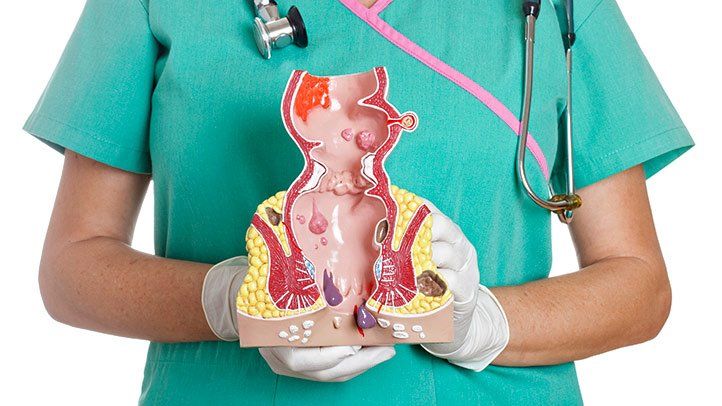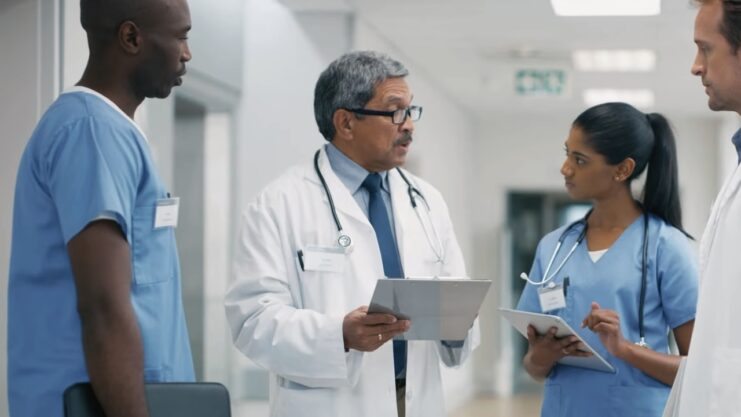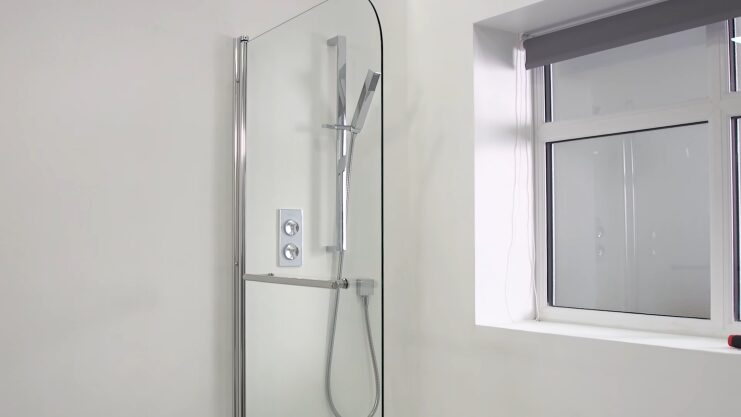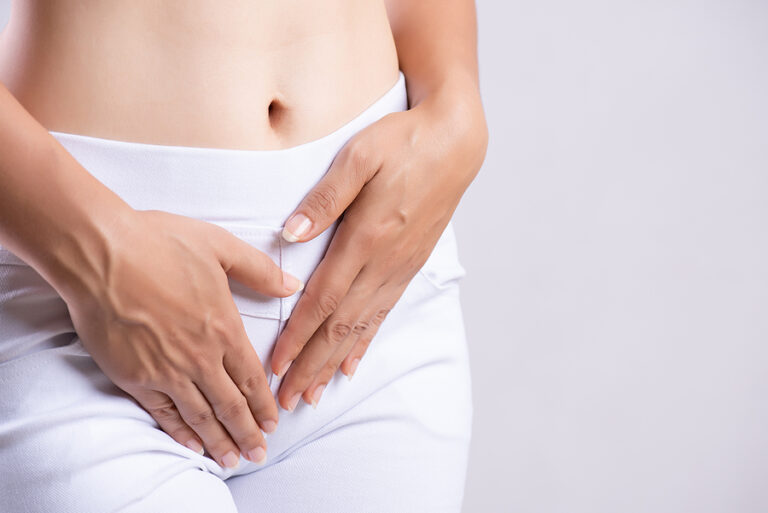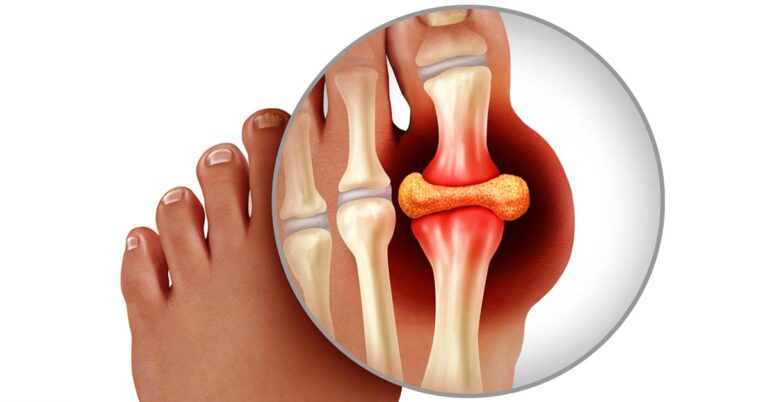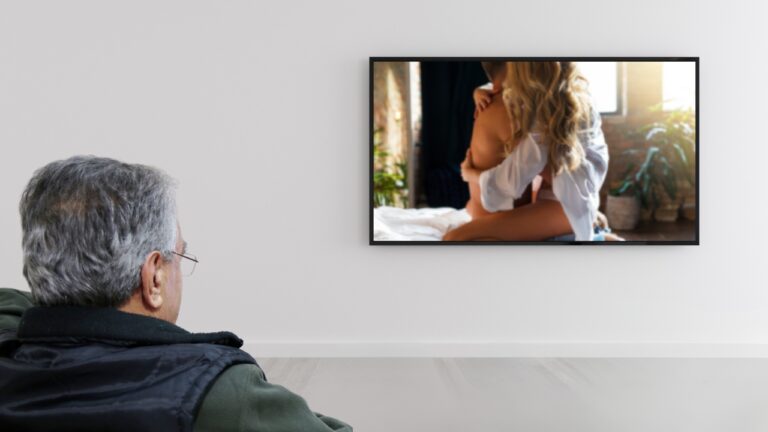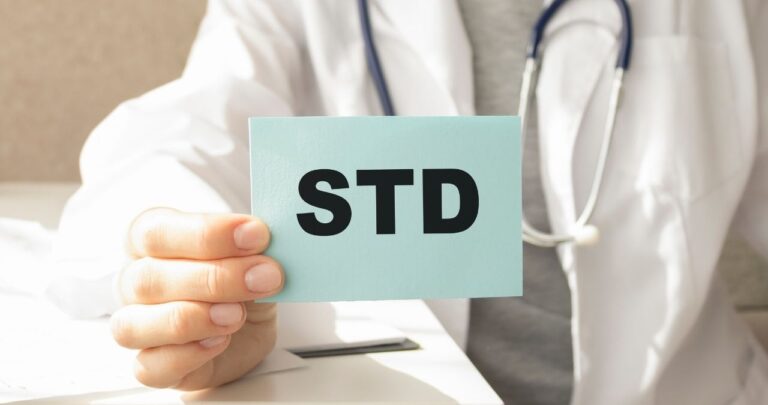Hemorrhoids, a common yet often misunderstood condition, can cause significant discomfort and concern for many. This article will get you into the world of hemorrhoids, offering insights and solutions to reduce the pain and unease associated with them. Whether you’re a sufferer or simply curious, this comprehensive guide will shed light on this prevalent issue.
More Than Just a Pain in the Rear
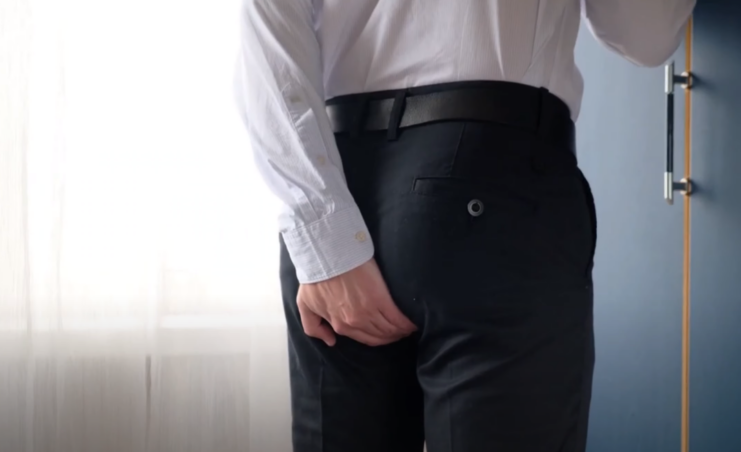
Hemorrhoids are more than just a casual annoyance; they are swollen veins located in the rectum or anus. Their presence can be internal or external, each with its unique set of symptoms and challenges.
Internal: Hidden but Not Harmless
Internal hemorrhoids are situated inside the rectum and are typically painless. However, they may bleed without causing any pain. Occasionally, an internal hemorrhoid might protrude outside the anus, known as a prolapsed hemorrhoid. While these can retract on their own, they can also be gently pushed back inside.
External: Visible and Vexing
External hemorrhoids are found outside the anus and can be particularly bothersome. Symptoms include itching, pain, and sometimes bleeding. If a blood clot forms within an external hemorrhoid, a tender lump might be felt near the anal opening. Bright red blood might also be noticeable after a bowel movement.
The Root Causes: Why Do Hemorrhoids Occur?
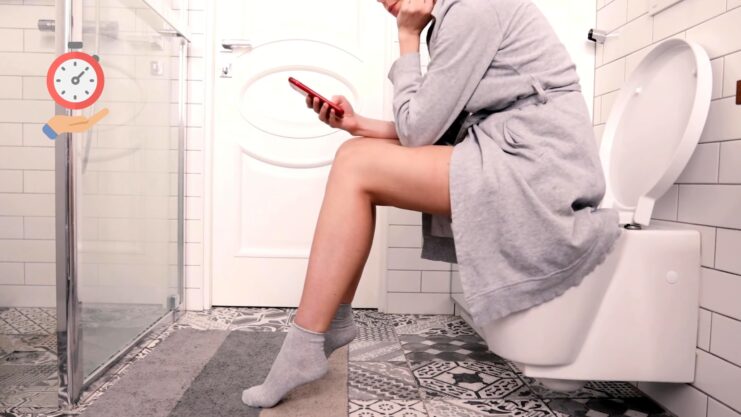
Understanding the causes of hemorrhoids is the first step in prevention. Several factors contribute to the development of this condition, ranging from dietary habits to genetic predisposition.
The Strain of Bowel Movements
One of the primary culprits behind hemorrhoids is the strain exerted during bowel movements. This strain can be a result of constipation, diarrhea, or prolonged sitting on the toilet.
Genetic and Lifestyle Factors
Your genes might play a role too. If your parents had hemorrhoids, you might be more susceptible. Additionally, pregnancy can increase the risk due to the added pressure from the growing fetus and the act of childbirth. Other factors include obesity and frequent heavy lifting.
Taking Action: When to Consult a Doctor and Self-Care Tips
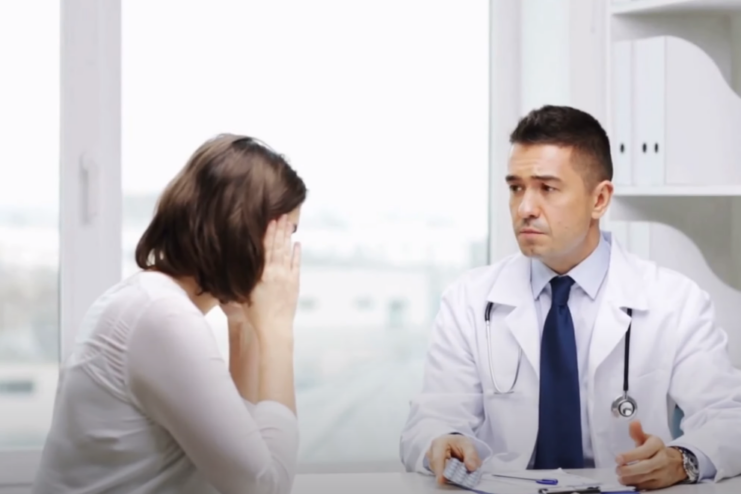
Recognizing when to seek medical advice and understanding self-care measures can make a world of difference in managing hemorrhoids.
Recognizing the Warning Signs
While hemorrhoids are common, it’s crucial to consult a doctor if you notice any bleeding. This ensures that the cause is indeed hemorrhoids and not a more serious underlying issue.
Self-Care and Pain Relief
Preventing constipation is key:
- Incorporate fiber-rich foods like fruits, vegetables, and whole grains.
- Stay hydrated with at least eight glasses of water daily.
- Engage in regular exercise.
- Avoid prolonged sitting on the toilet.
For immediate relief:
- Take warm soaks multiple times a day.
- Clean the area gently after bowel movements using moist toilet paper or baby wipes.
- Use ice packs to reduce swelling.
- Apply creams containing witch hazel or hydrocortisone for itching and pain.
Beyond the Basics: Debunking Hemorrhoid Myths
In the realm of health and wellness, myths and misconceptions abound. Hemorrhoids are no exception. By debunking these myths, we can approach the condition with a clearer perspective.
Myth: Only Older People Get Hemorrhoids
While age can be a factor, hemorrhoids can affect individuals of all ages. Factors like diet, lifestyle, and even genetics play a significant role in the development of hemorrhoids, making it a condition not exclusive to the elderly.
Myth: Spicy Foods Cause Hemorrhoids
There’s no direct link between spicy foods and hemorrhoids. However, spicy foods can irritate the bowels and exacerbate symptoms in some people. It’s essential to monitor your body’s reactions and adjust your diet accordingly.
Surgical Interventions: When is it Necessary?

While many hemorrhoids resolve on their own or with at-home treatments, some persistent cases might require medical intervention.
Determining the Need for Surgery
Most painful hemorrhoids will be alleviated within 1 to 2 weeks. However, if the discomfort persists or if there are recurrent episodes, it might be time to discuss surgical options with your doctor.
Common Surgical Procedures
Several procedures can address problematic hemorrhoids:
- Hemorrhoidectomy: Removal of excessive tissue causing bleeding and protrusion.
- Rubber band ligation: A band is placed around the base of the hemorrhoid, causing it to shrink and fall off.
- Sclerotherapy: A chemical solution is injected into the hemorrhoid, leading to its shrinkage.
Prevention: The Best Cure
While treatments are available, prevention remains the most effective strategy against hemorrhoids. By adopting certain habits, the risk of developing or exacerbating hemorrhoids can be significantly reduced.
Dietary Habits for a Healthy Gut
A balanced diet is crucial in preventing hemorrhoids. Here are some tips:
- Prioritize fiber-rich foods to ensure smooth bowel movements.
- Avoid excessive caffeine and alcohol, which can lead to dehydration and constipation.
- Drink plenty of water to aid digestion.
Lifestyle Changes for Long-Term Relief
- Avoid sitting for prolonged periods. If your job requires extended sitting, take short breaks to walk around.
- Manage your weight through a balanced diet and regular exercise.
- Practice good toilet habits. Don’t ignore the urge to go, and avoid straining.
Frequently Asked Questions (FAQs)
Can sitting on cold surfaces cause hemorrhoids?
This is a common myth. Sitting on cold surfaces does not directly cause hemorrhoids. However, prolonged sitting, regardless of the surface temperature, can increase pressure on the veins in the lower rectum, potentially leading to hemorrhoids.
Are hemorrhoids a sign of a more serious condition?
While hemorrhoids themselves are benign, persistent symptoms or bleeding should be evaluated by a doctor to rule out more serious conditions like colorectal cancer or inflammatory bowel disease.
Can regular exercise prevent hemorrhoids?
Yes, regular exercise can promote healthy bowel movements and reduce the risk of constipation, a leading cause of hemorrhoids. However, excessive strain or lifting heavy weights without proper technique can increase the risk.
Are over-the-counter treatments effective for hemorrhoids?
Many over-the-counter treatments can provide temporary relief from hemorrhoid symptoms. However, it’s essential to consult with a healthcare professional before starting any treatment to ensure it’s appropriate for your condition.
Can stress cause hemorrhoids?
Indirectly, yes. While stress doesn’t cause hemorrhoids, it can lead to digestive problems and constipation, increasing the risk of developing hemorrhoids.
Final Words
Hemorrhoids, though common, are often shrouded in myths and misconceptions. By arming ourselves with knowledge and understanding, we can approach this condition with clarity and confidence. Remember, while self-care and preventive measures are invaluable, never hesitate to seek professional advice when in doubt. Your comfort and well-being are paramount.

